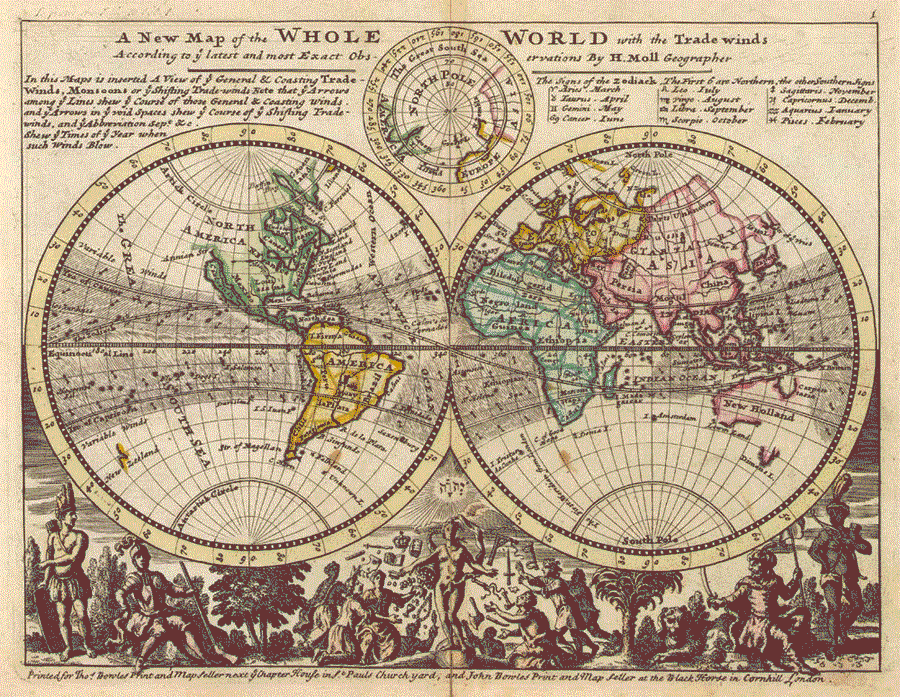

Spain's capitalist mixed economy is the 14th largest worldwide and the 5th largest in the European Union, as well as the Eurozone's 4th largest.
By the mid-1990s the economy had recommmended the growth that had been disrupted by the global recession of the early 1990s. The strong economic growth helped the government to reduce the government debt as a percentage of GDP and Spain's high unemployment began to drop steadily. With the government budget in balance and inflation under control Spain was admitted into the Eurozone in 1999.
Since the 1990s some Spanish companies have gained multinational status, often expanding their activities in culturally close Latin America. Spain is the second biggest foreign investor there, after the United States. Spanish companies too have expanded into Asia, especially China and India. This early global expansion is a competitive vantage over its competitors and European neighbors. The reason may primarily due to the booming interest toward Spanish language and culture in Asia and Africa, but also a corporate culture that learned to take risks in unstable markets.
Spanish companies invested in fields like renewable energy commercialisation (Iberdrola was the world's largest renewable energy operator), technology companies like Telefónica, Abengoa, Mondragon Corporation, Movistar, Hisdesat, Indra, train manufacturers like CAF, Talgo, global corporations such as the textile company Inditex, petroleum companies like Repsol and infrastructure, with six of the ten biggest international construction firms specialising in transport being Spanish, like Ferrovial, Acciona, ACS, OHL and FCC.